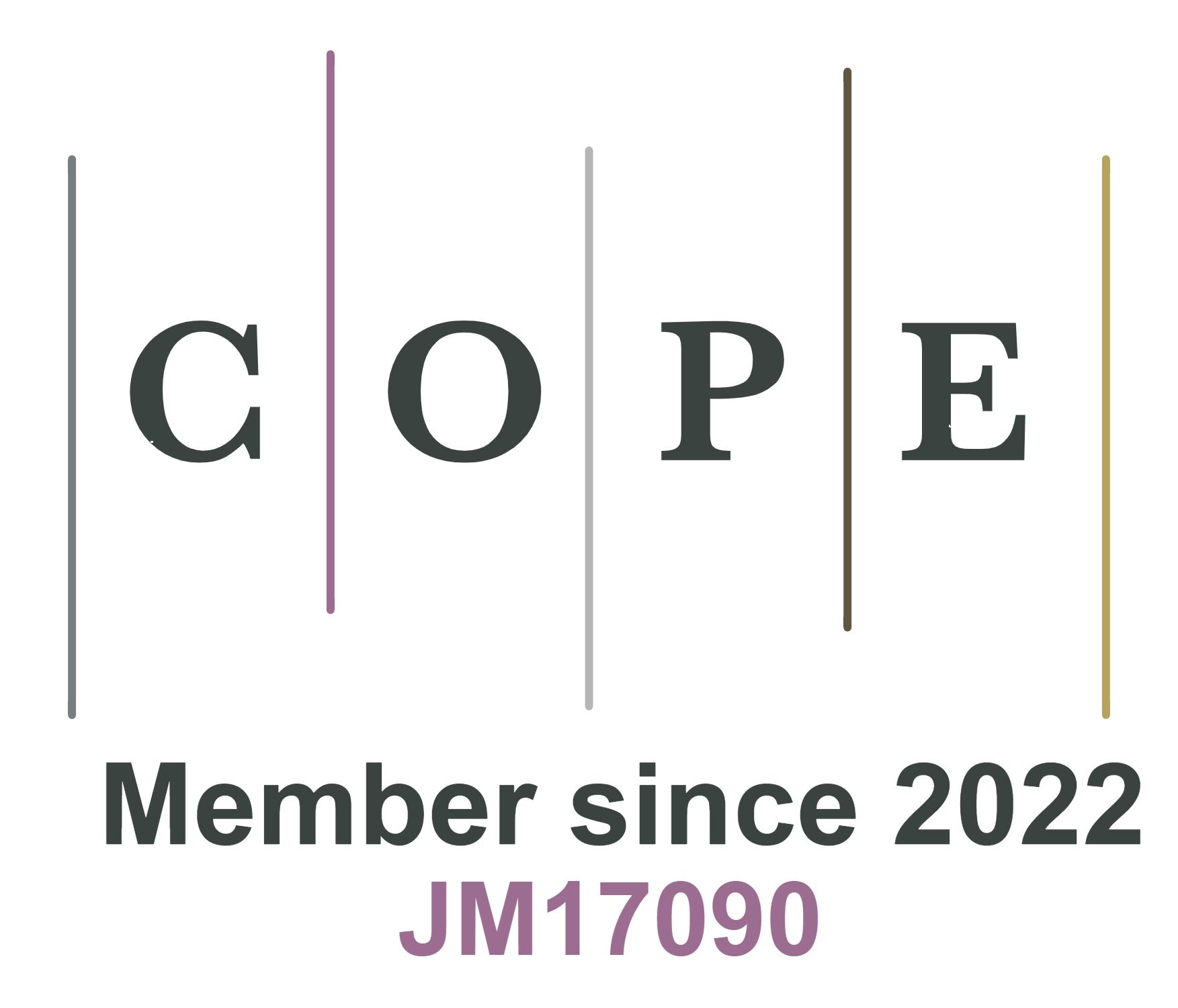REFERENCES
1. Bicudo, D. C.; Tremarin, P. I.; Almeida, P. D.; et al. Ecology and distribution of Aulacoseira species (Bacillariophyta) in tropical reservoirs from Brazil. Diatom. Res. 2016, 31, 199-215.
2. Casa, V.; López Bedogni, G.; Van de Vijver, B. A new Aulacoseira species (Bacillariophyta) from Tierra del Fuego (Argentina) and comparison with the type material of Melosira laevis var. fuegiana Frenguelli. Diatom. Res. 2017, 32, 409-16.
3. Tremarin, P. I.; Loverde-Oliveira, S. M.; Ludwig, T. V.; Torgan, L. C. Ultrastructure and distribution of Aulacoseira gessneri. Diatom. Res. 2011, 26, 189-97.
4. Ageli, M. K.; Hamilton, P. B.; Bramburger, A. J.; et al. Morphological variation in extinct Aulacoseira (Bacillariophyta) species from Lake Towuti, with a description of novel species. J. Great. Lakes. Res. 2024, 50, 102230.
5. Hamm, C. E.; Merkel, R.; Springer, O.; et al. Architecture and material properties of diatom shells provide effective mechanical protection. Nature 2003, 421, 841-3.
6. Soleimani, M.; van Breemen, L. C. A.; Maddala, S. P.; et al.
7. Toofani, A.; Eraghi, S. H.; Khorsandi, M.; et al. Biomechanical strategies underlying the durability of a wing-to-wing coupling mechanism. Acta. Biomater. 2020, 110, 188-95.
8. Ma, Y.; Ning, J. G.; Ren, H. L.; Zhang, P. F.; Zhao, H. Y. The function of resilin in honeybee wings. J. Exp. Biol. 2015, 218, 2136-42.
9. Eraghi, S. H.; Toofani, A.; Khaheshi, A.; et al. Wing coupling in bees and wasps: from the underlying science to bioinspired engineering. Adv. Sci. 2021, 8, e2004383.
10. Ma, Y.; Ren, H.; Rajabi, H.; Zhao, H.; Ning, J.; Gorb, S. Structure, properties and functions of the forewing-hindwing coupling of honeybees. J. Insect. Physiol. 2019, 118, 103936.
11. Wickramasinghe, S.; Peng, C.; Ladani, R.; Tran, P. Analysing fracture properties of bio-inspired 3D printed suture structures. Thin. Walled. Struct. 2022, 176, 109317.
12. Li, J.; Sui, C.; Sang, Y.; et al. A flexible, reusable and adjustable high-performance energy absorption system inspired by interlocking suture structures. Int. J. Solids. Struct. 2024, 296, 112839.
13. Wickramasinghe, S.; Al-Ketan, O.; Peng, C.; Tee, Y. L.; Kajtaz, M.; Tran, P. Influence of design parameters on the flexural properties of a bio-inspired suture structure. Virtual. Phys. Prototyp. 2023, 18, e2204845.
14. Chen, P. Y. Diabolical ironclad beetles inspire tougher joints for engineering applications. Nature 2020, 586, 502-4.
15. Rivera, J.; Hosseini, M. S.; Restrepo, D.; et al. Toughening mechanisms of the elytra of the diabolical ironclad beetle. Nature 2020, 586, 543-8.
16. Suh, I. W.; Kim, J.; Chanchamnan, S.; et al. Diabolical ironclad beetle elytra-inspired flexible WE43 magnesium endovascular stent structures and their biomechanical potential. J. Magnes. Alloys. 2025, 13, 709-18.
17. Lin, R.; Kim, H. J.; Achavananthadith, S.; et al. Wireless battery-free body sensor networks using near-field-enabled clothing. Nat. Commun. 2020, 11, 444.
18. Li, C.; Liu, D.; Xu, C.; et al. Sensing of joint and spinal bending or stretching via a retractable and wearable badge reel. Nat. Commun. 2021, 12, 2950.
19. Hong, Y.; Wang, B.; Lin, W.; et al. Highly anisotropic and flexible piezoceramic kirigami for preventing joint disorders. Sci. Adv. 2021, 7, eabf0795.
20. Wang, X.; Xiong, L.; Dong, W.; Guo, Z.; Huang, Y.; Yao, D. Flexible strain sensor based on conductive hydrogel/KC@PDMS for neck motion control wheelchair using EMD-LSTM algorithm. IEEE. Sensors. J. 2024, 24, 4079-90.
21. Liu, S.; Zhang, J.; Zhang, Y.; Zhu, R. A wearable motion capture device able to detect dynamic motion of human limbs. Nat. Commun. 2020, 11, 5615.
22. Kim, K. K.; Ha, I.; Kim, M.; et al. A deep-learned skin sensor decoding the epicentral human motions. Nat. Commun. 2020, 11, 2149.
23. Olivares, A.; Olivares, G.; Mula, F.; Górriz, J.; Ramírez, J. Wagyromag: wireless sensor network for monitoring and processing human body movement in healthcare applications. J. Syst. Archit. 2011, 57, 905-15.
24. Hannigan, B. C.; Cuthbert, T. J.; Ahmadizadeh, C.; Menon, C. Distributed sensing along fibers for smart clothing. Sci. Adv. 2024, 10, eadj9708.
25. Lee, G. H.; Kang, H.; Chung, J. W.; et al. Stretchable PPG sensor with light polarization for physical activity-permissible monitoring. Sci. Adv. 2022, 8, eabm3622.
26. Bu, Y.; Shen, T.; Yang, W.; et al. Ultrasensitive strain sensor based on superhydrophobic microcracked conductive Ti3C2Tx MXene/paper for human-motion monitoring and E-skin. Sci. Bull. 2021, 66, 1849-57.
27. Hu, B.; Xu, D.; Shao, Y.; et al. Ultrathin crystalline silicon-based omnidirectional strain gauges for implantable/wearable characterization of soft tissue biomechanics. Sci. Adv. 2024, 10, eadp8804.
28. Lu, P.; Wang, L.; Zhu, P.; et al. Iontronic pressure sensor with high sensitivity and linear response over a wide pressure range based on soft micropillared electrodes. Sci. Bull. 2021, 66, 1091-100.
29. Su, Q.; Zou, Q.; Li, Y.; et al. A stretchable and strain-unperturbed pressure sensor for motion interference-free tactile monitoring on skins. Sci. Adv. 2021, 7, eabi4563.
30. Bastian, P. J.; Haferkamp, A.; Albers, P.; Müller, S. C. A new form of noninvasive wound closure with a surgical zipper. J. Urol. 2003, 169, 1785-6.
31. Xie, C. X.; Yu, C. Q.; Wang, W.; Wang, C. L.; Yin, D. A novel zipper device versus sutures for wound closure after surgery: a systematic review and meta-analysis. Int. Wound. J. 2020, 17, 1725-37.










